Date objects are based on a time value that is the number of milliseconds since 1 January, 1970 UTC and have the following constructors
new Date();
new Date(value);
new Date(dateString);
new Date(year, month[, day[, hour[, minutes[, seconds[, milliseconds]]]]]);
From the docs,
dateString in new Date(dateString) is a string value representing a date. The string should be in a
format recognized by the Date.parse() method (IETF-compliant RFC 2822
timestamps and also a version of ISO8601).
Now looking at the v8 sourcecode in date.js:
function DateConstructor(year, month, date, hours, minutes, seconds, ms) {
if (!%_IsConstructCall()) {
// ECMA 262 - 15.9.2
return (new $Date()).toString();
}
// ECMA 262 - 15.9.3
var argc = %_ArgumentsLength();
var value;
if (argc == 0) {
value = %DateCurrentTime();
SET_UTC_DATE_VALUE(this, value);
} else if (argc == 1) {
if (IS_NUMBER(year)) {
value = year;
} else if (IS_STRING(year)) {
// Probe the Date cache. If we already have a time value for the
// given time, we re-use that instead of parsing the string again.
var cache = Date_cache;
if (cache.string === year) {
value = cache.time;
} else {
value = DateParse(year); <- DOES NOT RETURN NaN
if (!NUMBER_IS_NAN(value)) {
cache.time = value;
cache.string = year;
}
}
}
...
it looks like DateParse() does not return a NaN for for a string like 'asd qw 101' and hence the error. You can cross-check the same with Date.parse('asd qw 101') in both Chrome(v8) [which returns -58979943000000] and Gecko (Firefox) [which returns a NaN]. Sat Jan 01 101 00:00:00 comes when you seed new Date() with a timestamp of -58979943000000(in both browsers)
is there any workaround for broken v8 date parser?
I wouldnt say V8 date parser is broken. It just tries to satisfy a string against RFC 2822 standard in the best possible way but so does gecko and both break gives different results in certain cases.
Try new Date('Sun Ma 10 2015') in both Chrome(V8) and Firefox(Gecko) for another such anomaly.
Here chrome cannot decide weather 'Ma' stands for 'March' or 'May' and gives an Invalid Date while Firefox doesnt.
Workaround:
You can create your own wrapper around Date() to filter those strings that V8's own parser cannot. However, subclassing built-ins in ECMA-5 is not feasible. In ECMA-6, it will be possible to subclass built-in constructors (Array, Date, and Error) - reference
However you can use a more robust regular expression to validate strings against RFC 2822/ISO 8601
^(?:(?:31(\/|-|\. |\s)(?:0?[13578]|1[02]|(?:Jan|Mar|May|Jul|Aug|Oct|Dec)))\1|(?:(?:29|30)(\/|-|\.|\s)(?:0?[1,3-9]|1[0-2]|(?:Jan|Mar|Apr|May|Jun|Jul|Aug|Sep|Oct|Nov|Dec))\2))(?:(?:1[6-9]|[2-9]\d)?\d{2})$|^(?:29(\/|-|\.|\s)(?:0?2|(?:Feb))\3(?:(?:(?:1[6-9]|[2-9]\d)?(?:0[48]|[2468][048]|[13579][26])|(?:(?:16|[2468][048]|[3579][26])00))))$|^(?:0?[1-9]|1\d|2[0-8])(\/|-|\.|\s)(?:(?:0?[1-9]|(?:Jan|Feb|Mar|Apr|May|Jun|Jul|Aug|Sep))|(?:1[0-2]|(?:Oct|Nov|Dec)))\4(?:(?:1[6-9]|[2-9]\d)?\d{2})$
 Image generated from debuggex
Image generated from debuggex
So, seems like v8 aint broken, it just works differently.
Hope it helps!

 Image generated from
Image generated from